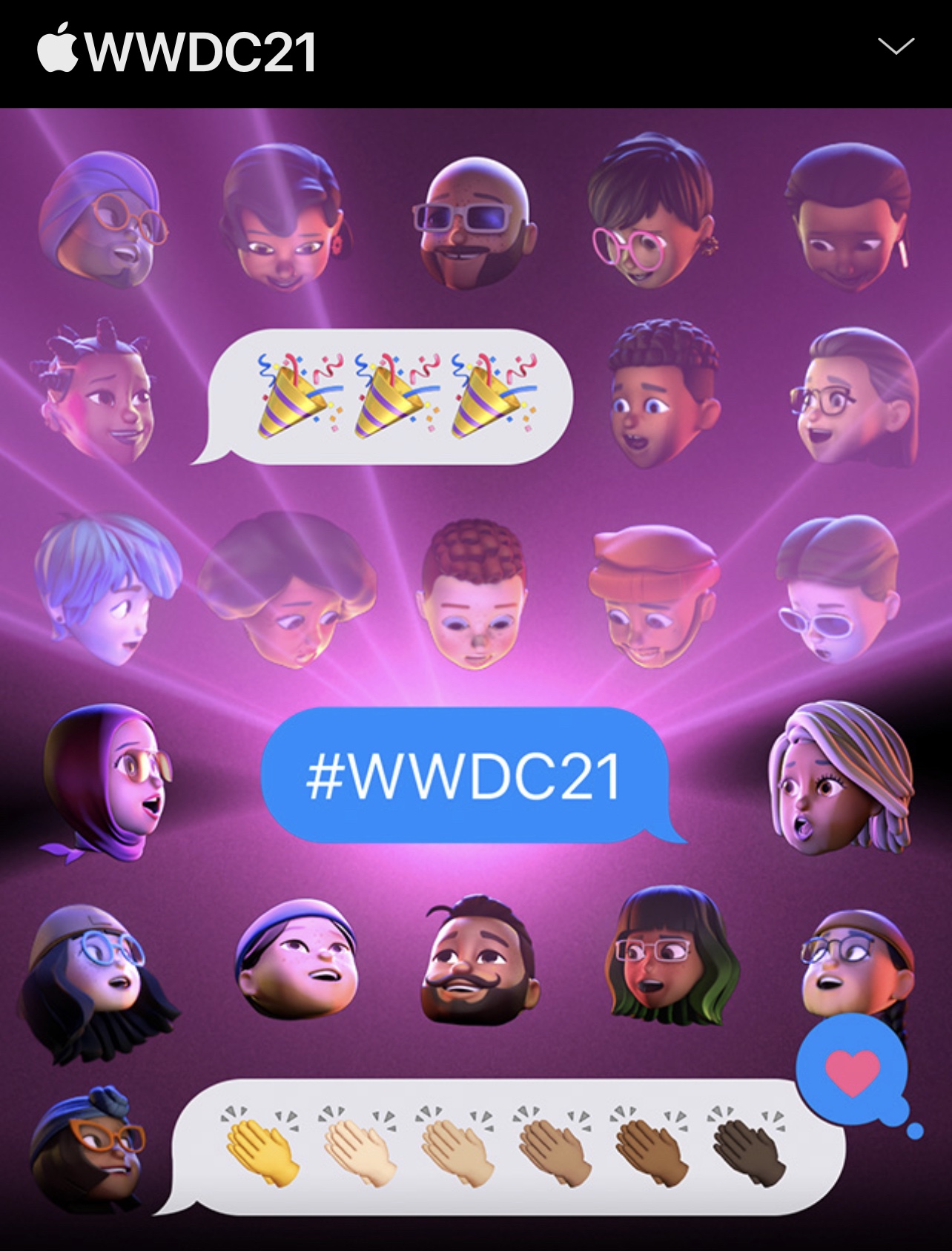By TERRELL HEADEN, Special to The Carolinian
During its annual Worldwide Developer’s Conference (WWDC) keynote this year, the company announced some major privacy upgrades that will come with iOS 15 and iCloud—here are some of the biggest.

First up is Mail Privacy Protection, which is a new tab in Apple’s Mail app that’s meant to do what the name implies: letting the user decide what data the program shares. A tracking pixel — typically a single-pixel image — is how marketers know whether an email gets opened. When an email containing an invisible pixel is opened, the image connects to the sender’s server, while also funneling back sensitive data like users’ IP address, device location, and the email client used. Under this new tab, users can choose to hide their IP address and location details from email senders, a bit like the recent iOS 14 updates that keep apps from gobbling up details like precise location and a phone’s mobile ad ID. As an added benefit, Apple says its new mailbox settings will keep people from tracking whether you opened the email they sent you and when that email was opened.
On top of the inbox updates, the company also announced new “app privacy reports,” which will give more detailed information about how non-Apple apps are tracking your activity across your devices. Similar to the Safari privacy reports, these will break down which apps on your device are accessing what kind of data, and how much of that data gets sent to specific third-party trackers. As part of that report, users will also get an overview of how often a given app accessed your microphone, camera, or precise location over the past week. The worst privacy offenders are now the offended.
Apple’s iCloud is getting a new private relay service and the ability to create burner emails called “Hide My Email.” The feature enables the ability to generate one-off burner emails when signing up for a service on the web without having to give away the actual email address. These will be part of a new iCloud Plus subscription, which will be offered at no additional price to current iCloud paid users. Private Relay, a new VPN service built into iCloud that will let users browsing on Safari completely encrypt their traffic. Apple says this setting ensures that “no one between the user and the website they are visiting can access and read” any data sent over Private Relay, not even Apple or the user’s network provider.
The feature ensures that traffic leaving the device is encrypted before forwarding the requests through two internet relays, thus creating a simplified version of the Tor, which uses at least a minimum of three relays to achieve anonymity. “All the user’s requests are then sent through two separate internet relays,” Apple says. “The first assigns the user an anonymous IP address that maps to their region but not their actual location. The second decrypts the web address they want to visit and forwards them to their destination. This separation of information protects the user’s privacy because no single entity can identify both who a user is and which sites they visit.”
Even Siri is getting a privacy upgrade with on-device speech processing. Not only is Siri now capable of handling offline requests, but the audio requests are also now fully processed on the device itself, with the virtual voice assistant putting “on-device personalization” to use in order to tailor content based on device usage patterns. “This addresses one of the biggest privacy concerns for voice assistants, which is unwanted audio recording,” Apple notes.
With the announcement of iOS 15, which brings improvements to FaceTime such as spatial audio, a new “SharePlay” feature that lets you share media with people on FaceTime virtually, updates to Messages, a new look for notifications, the ability to set different “Focus” statuses, updates to Memories in Photos, a redesign to the weather app, and much more. As much as Apple is making privacy front and center, they are also making devices more interconnected and friendlier with non-Apple machines.
The biggest indicator of the new ideology was FaceTime’s, new upgrades including spatial audio, background blur and a grid view. The app will also now work with Android devices and PCs through a web app, meaning you can share FaceTime calls with people even if they don’t own Apple hardware. It’s a first.
FaceTime is about to become a genuine Zoom rival, with the addition of new users on other platforms and devices, new audio isolation features allowing voices to be enhanced while drowning out background noise, and the ability to create and schedule links to FaceTime calls in advance.
A new feature called Universal Control will add a new level of usability for Apple device users, all 600 million users who upgrade to iOS 15 will have the ability to work across multiple devices by simply dragging work from one device to the next. Start a project on your Mac and drag it to your iPad for use in another application. Copy and Paste work across devices on the fly to create stunning presentations, videos and more. This is done with one mouse, trackpad, or keyboard. Content creators, rejoice.
